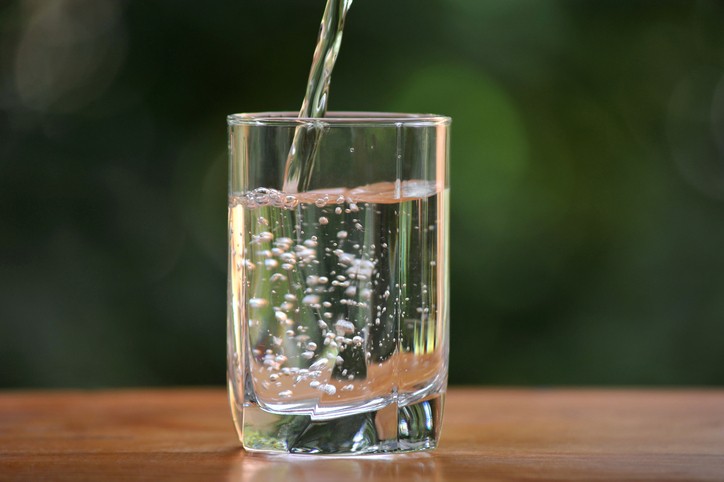If you’re a homeowner in the Charlotte, NC area, you may have encountered advertisements or sales pitches for “whole-house reverse osmosis” (RO) systems. While the idea of having purified water available at every tap in your home might sound appealing, it’s essential to understand what’s involved and whether such a system is truly necessary for your home. In many cases, the solutions offered by online or inexperienced local dealers might not be the right fit for your water treatment needs. Let’s explore the details to help you make an informed decision.
What Is Whole-House Reverse Osmosis?
A true whole-house reverse osmosis system is designed to filter all the water entering your home to an exceptionally high level of purity. RO systems use a semipermeable membrane to remove impurities such as dissolved salts, minerals, and contaminants. While RO is highly effective, scaling it to meet the water demands of an entire household comes with significant challenges and complexities.
Key Components of a True Whole-House RO System
- High Water Volume Requirements
- A typical home in Charlotte uses hundreds of gallons of water per day for activities like cooking, bathing, laundry, and irrigation.
- Most residential RO membranes produce purified water at a relatively slow rate, often measured in gallons per hour. To meet whole-house demands, the system would need to process and store large volumes of water in advance.
- Prefiltration
- RO membranes are sensitive to sediment, chlorine, and other contaminants commonly found in municipal or well water.
- A true whole-house system requires robust prefiltration to remove these substances before water reaches the membrane. This often includes sediment filters, carbon filters, and potentially water softening systems.
- Water Storage
- Purified water must be stored in large, sanitized tanks to ensure an adequate supply for peak household use.
- Storage tanks need to be properly sized and maintained to prevent bacterial growth and maintain water quality.
- Sanitization
- Stored RO water can become a breeding ground for bacteria if not properly sanitized.
- UV light systems or chemical disinfectants are often used to keep water safe for household use.
- Wastewater Management
- RO systems produce wastewater as part of the filtration process. For every gallon of purified water, several gallons may be discharged as waste.
- Managing this wastewater sustainably is a critical consideration.
Is Whole-House RO Necessary in Charlotte, NC?
For most homeowners in Charlotte, a whole-house reverse osmosis system is likely overkill. Here’s why:
- Water Quality in the Region
- Specific concerns, such as chlorine, hard water or taste issues, can often be addressed with targeted solutions like whole house carbon filters, water softeners or under-sink RO systems for drinking water.
- Cost and Complexity
- Installing a true whole-house RO system can be expensive, with costs ranging from tens of thousands of dollars.
- Maintenance requirements, including filter and membrane replacement, add ongoing expenses.
- Targeted Solutions Are Often Enough
- For most households, a point-of-use RO system installed at the kitchen sink is sufficient to provide purified water for drinking and cooking.
- Whole-house water filters or softeners can address broader concerns like sediment, chlorine, or hard water without the expense and complexity of RO.
What Are Dealers Really Offering?
Some online and inexperienced local dealers market systems as “whole-house reverse osmosis,” but they may not provide the robust infrastructure required for true whole-house RO. These systems might:
- Lack adequate prefiltration or storage capacity, or only include some pre filtration components.
- Be undersized for typical household water demands.
- Fail to address wastewater management effectively.
It’s crucial to ask detailed questions about what’s included and to consult with a reputable water treatment specialist who understands your specific water quality needs.
Final Thoughts
Whole-house reverse osmosis can be a valuable solution for homes with unique water quality issues, such as private wells with high levels of contaminants like nitrates or arsenic. However, for the average homeowner in Charlotte, NC, this level of water treatment is often unnecessary and cost-prohibitive.
Instead, consider working with an experienced family-owned local water treatment company to assess your specific needs. By identifying the right combination of targeted filtration and treatment solutions, you can enjoy clean, safe, and great-tasting water without the complexity and expense of a whole-house RO system.
If you’re interested in clean water in your home – schedule a free, no-obligation in-home water analysis with an Artisanal Water local expert.
Call (704) 315-6344 or fill out our contact form.
